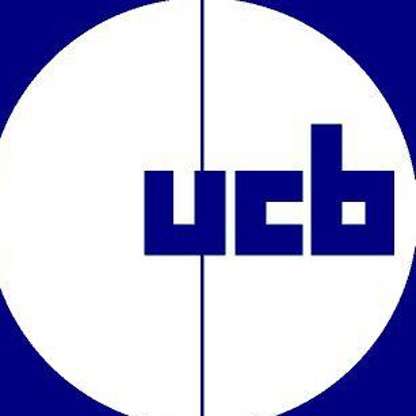
UCB Korea has taken Vimpat (ingredient: lacosamide) off the Korean market after the drug recorded a 65 percent sales drop last year. The plunging sales seemed to result from the flooding of generics enjoying insurance benefits, according to local reports.
Vimpat is an antiepileptic drug (AED) approved to prevent and control seizures that remains the best selling drug for epilepsy with UCB’s worldwide sales estimated to reach $1.5 billion by 2020. Epilepsy, which occurs at all ages, is characterized by unpredictable seizures and is the fourth most common neurological disorder.
UCB Korea gained the Ministry of Food and Drug Safety’s approval for four doses of Vimpat and Vimpat Syrup in August 2010. The firm chose to go without reimbursement because of failed negotiations with the Korean government. UCB Korea had set too high a price for reimbursement, according to the reports.
Despite the lack of coverage, UCB Korea had maintained a leading market share until local pharmaceuticals started launching their copycat versions.
Last February, SK Chemical launched the first reimbursed Vimpat generic called Vimsk (lacosamide). The therapy, which also came in four doses, became known as an affordable reimbursed therapy with a 50 mg pill costing 435 won and a 200 mg costing 1,016 won.
SK Chem’s launch of the Vimpat generic was followed by Whanin Pharm launching Neopat (lacosamide), Kolmar Korea with Vimcosa, Hyundai Pharm with Lacopat, and Myung In Pharm with Laco.
Following the successive launches, sales of UCB Korea’s Vimpat reportedly fell 65 percent in 2017.
UCB Korea voluntarily canceled approval for its epilepsy drug on May 14.
A company official said price disagreements with the government and the onset of generics led to the withdrawal.
“We decided to withdraw the drug from the market considering the price difference in negotiations, which makes us difficult to retrieve costs, as well as the advent of generics,” the official said.

